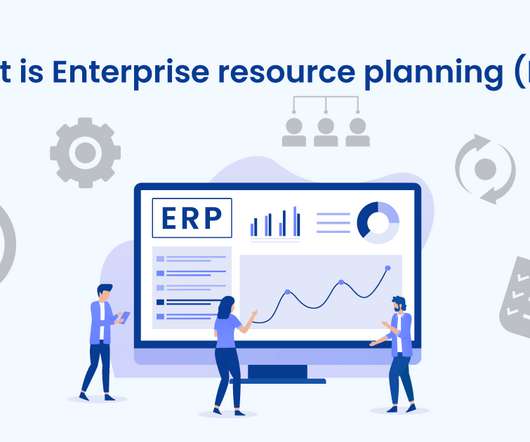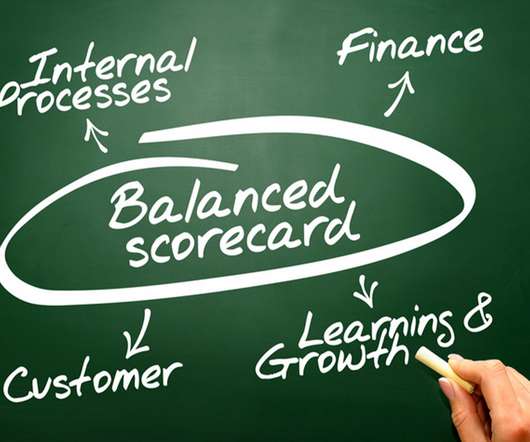Debt to Equity Ratio, Demystified
Hubspot Sales
NOVEMBER 27, 2018
The debt to equity ratio is a measure of a company's financial leverage, and it represents the amount of debt and equity being used to finance a company's assets. It's calculated by dividing a firm's total liabilities by total shareholders' equity. To learn more, check out this guide to equity financing.












Let's personalize your content